The primary sector in Sardinia — particularly farming and fishing — has steadily declined over the past decades, reshaping both landscapes and communities. Historical events, economic pressure and industrialization have progressively weakened traditional forms of agriculture, pushing many farmers and fishermen to abandon the land in search of stable work.
Sheep farming, deeply rooted in Sardinian culture, remains one of the last resilient expressions of this heritage. Yet even this sector faces a prolonged crisis, marked by shrinking employment opportunities and a lack of generational turnover. Young people are increasingly distant from a way of life once central to the island’s identity.
Through the stories of breeders, farmers and fishermen, Nosu biveus po lassai arrastu explores an archaic world shaped by memory, labor and belonging. The project reflects on what is inherited, transformed and at risk of disappearing, using photography to create a quiet tension between past and present.
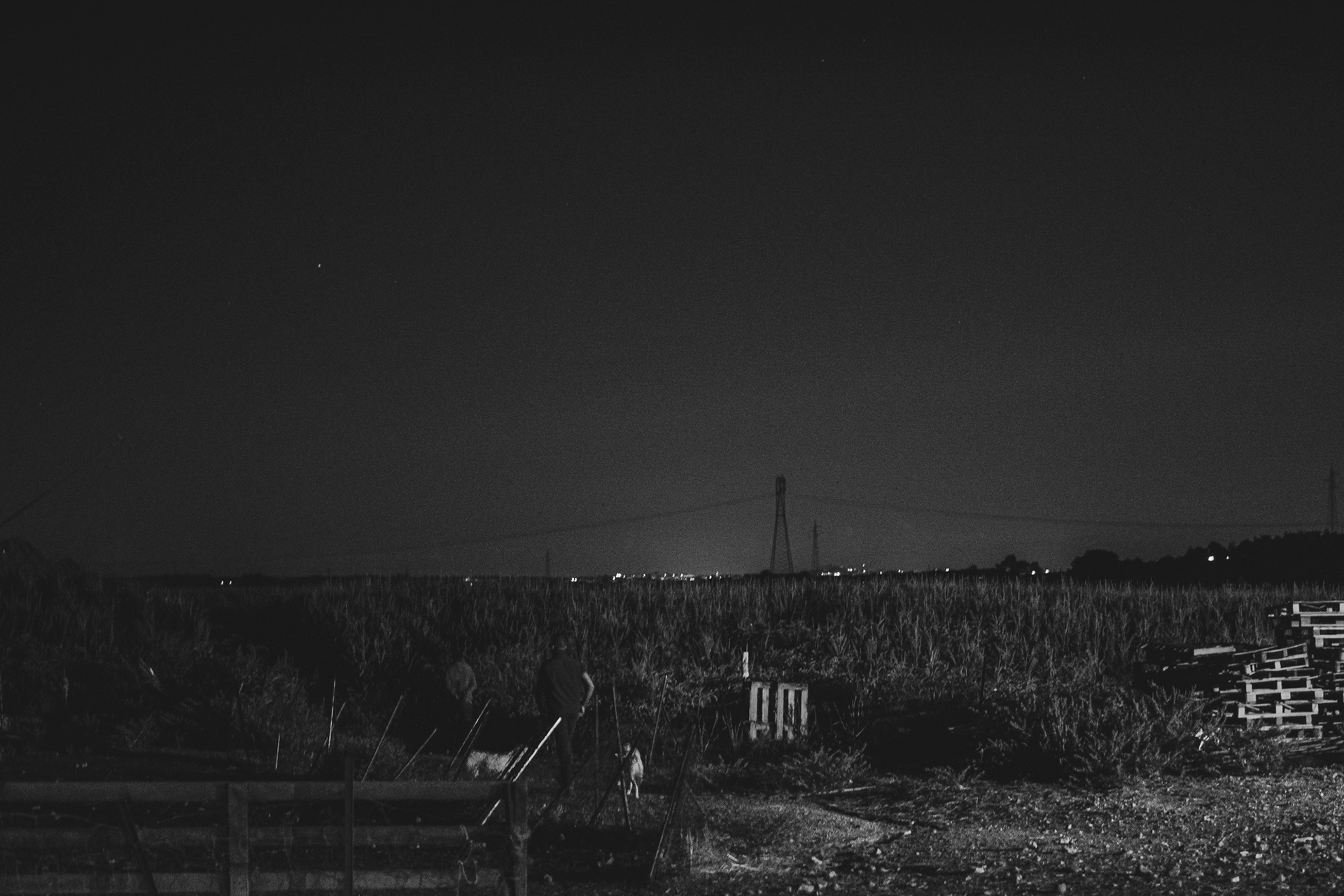
05:42 AM
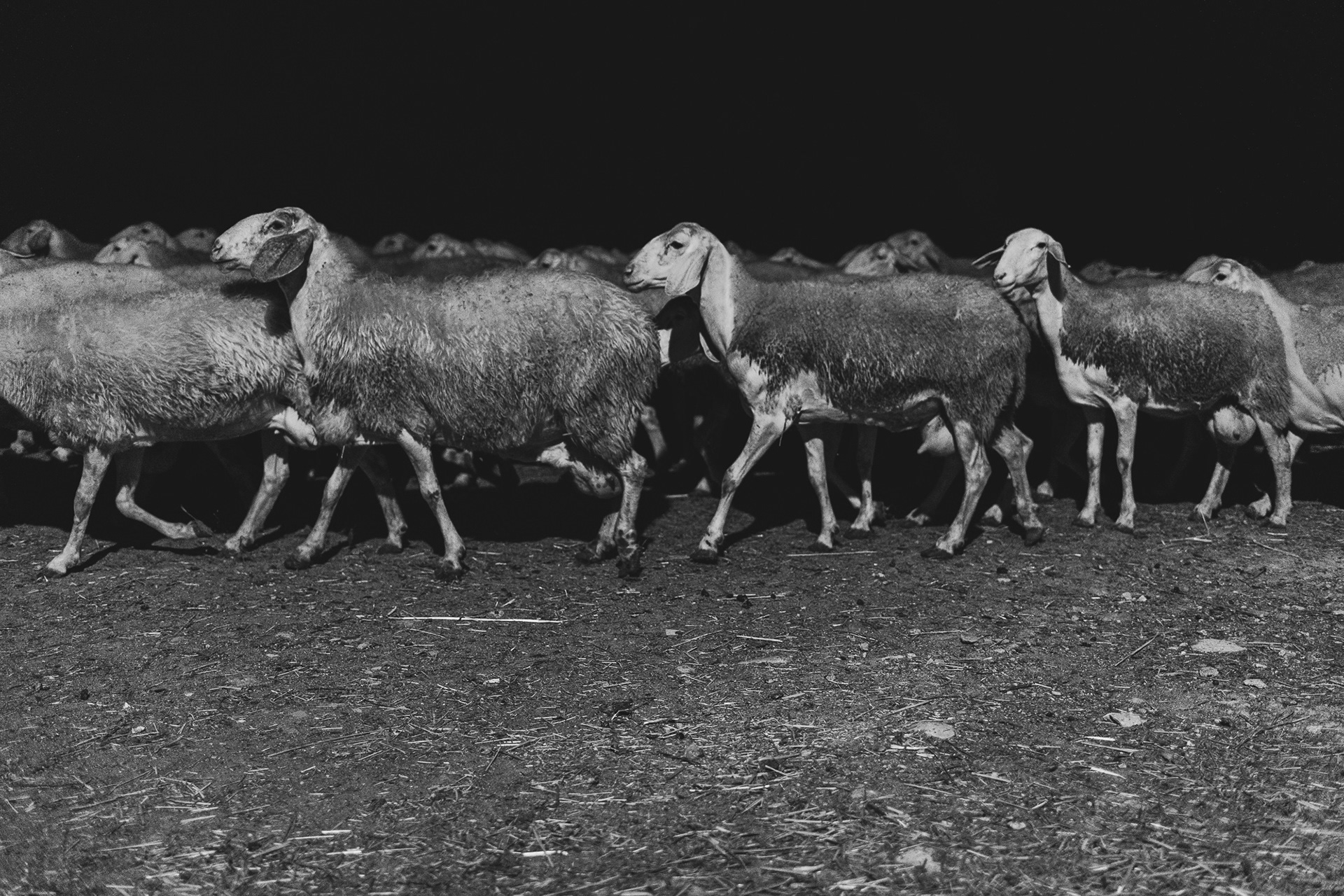
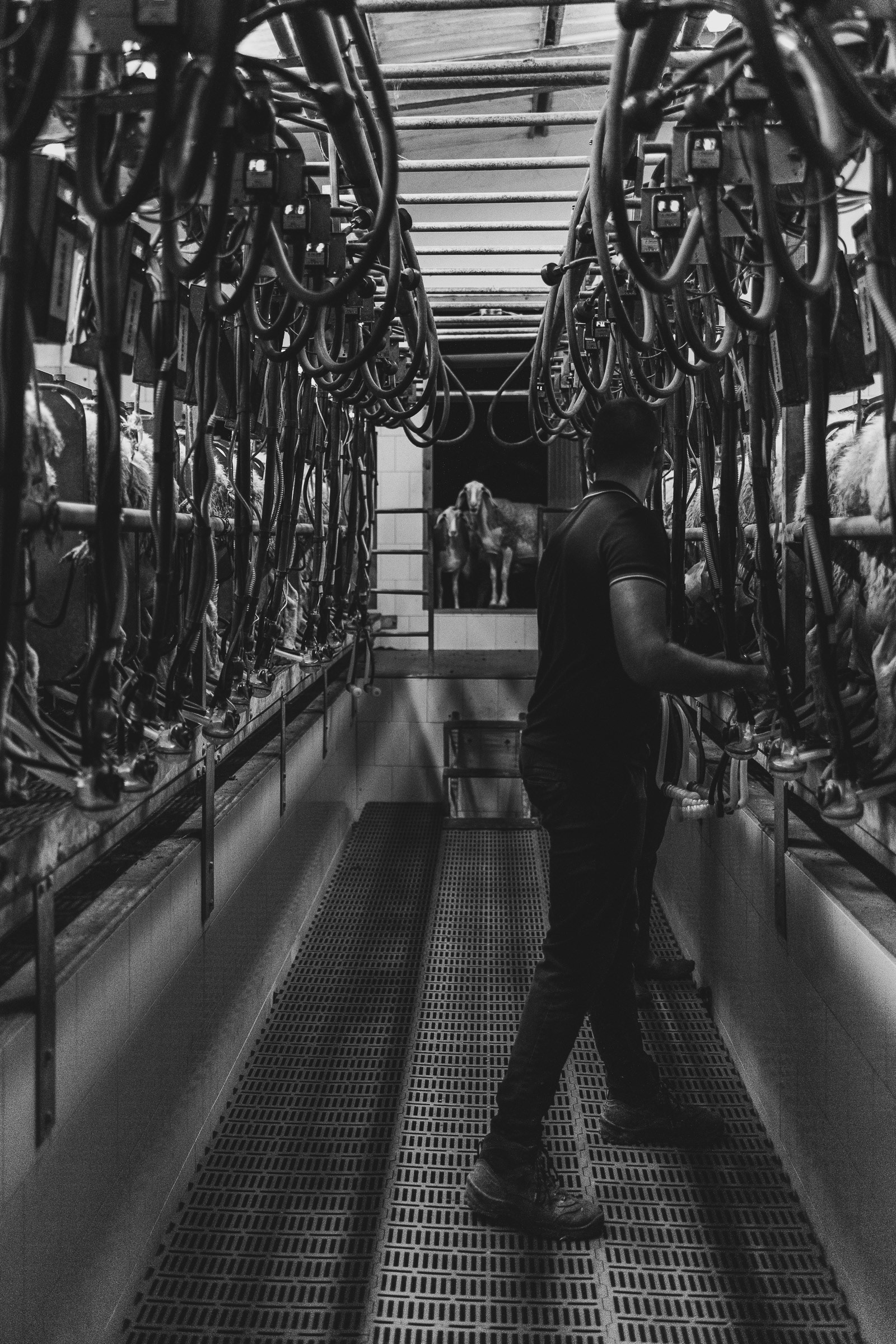
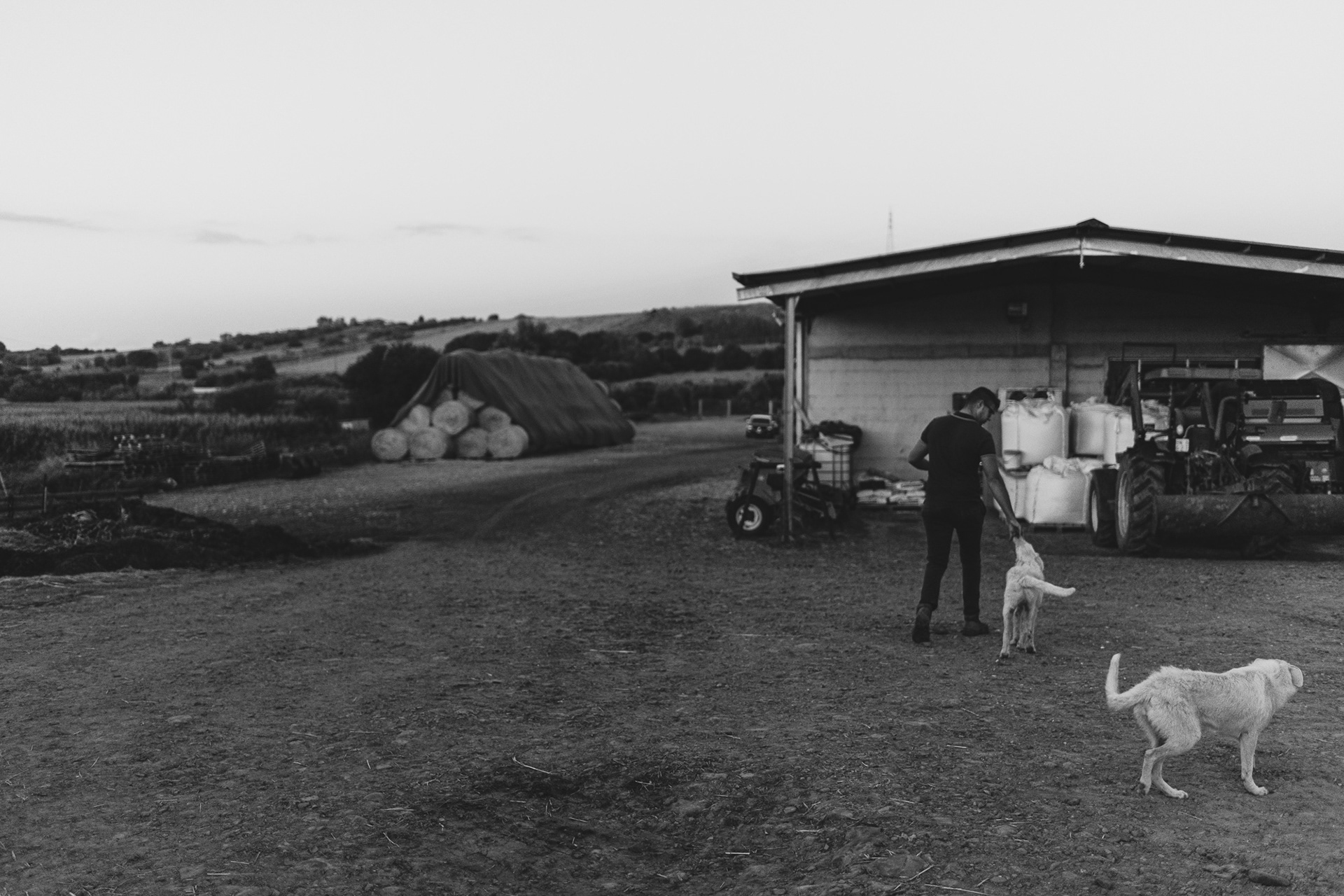
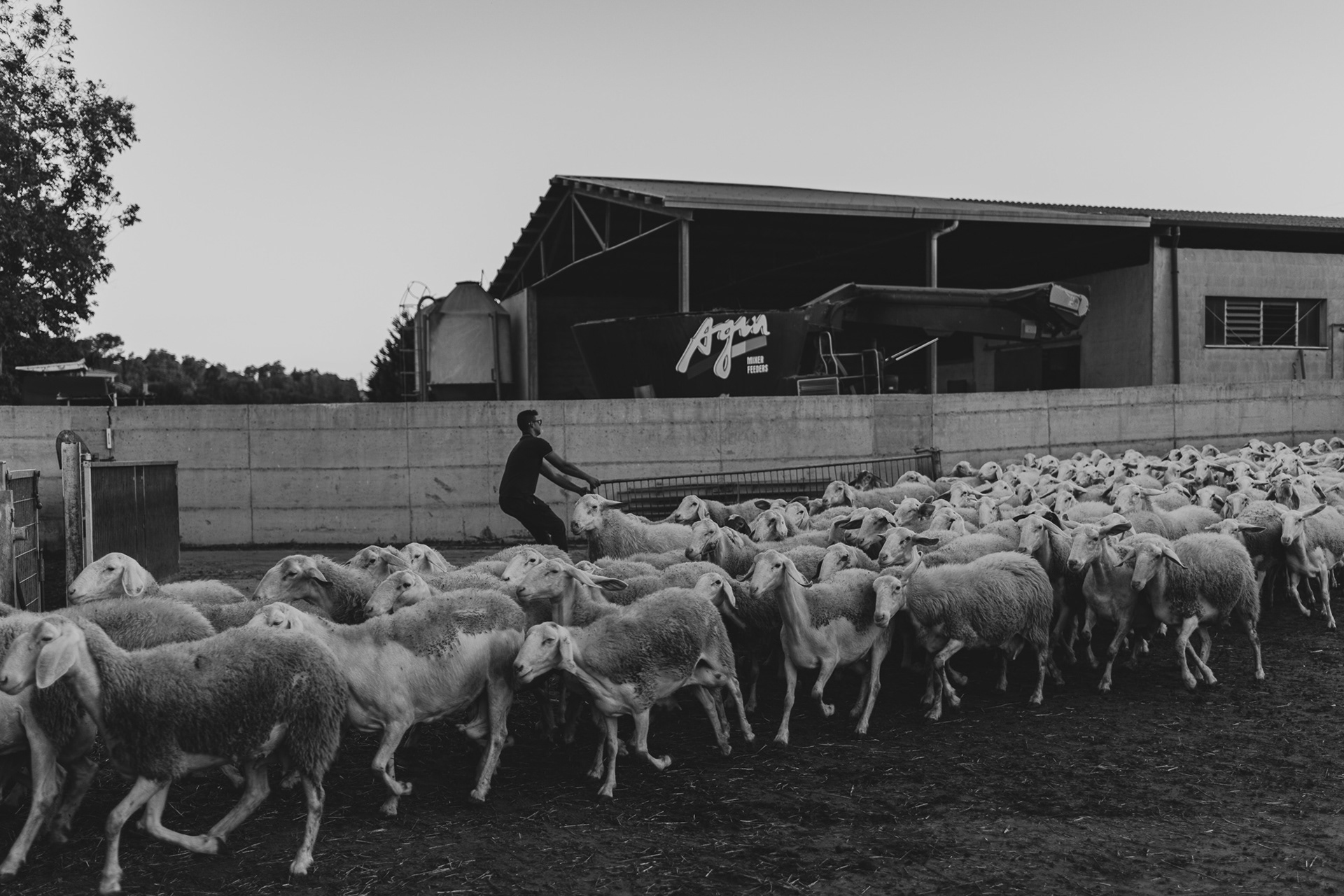
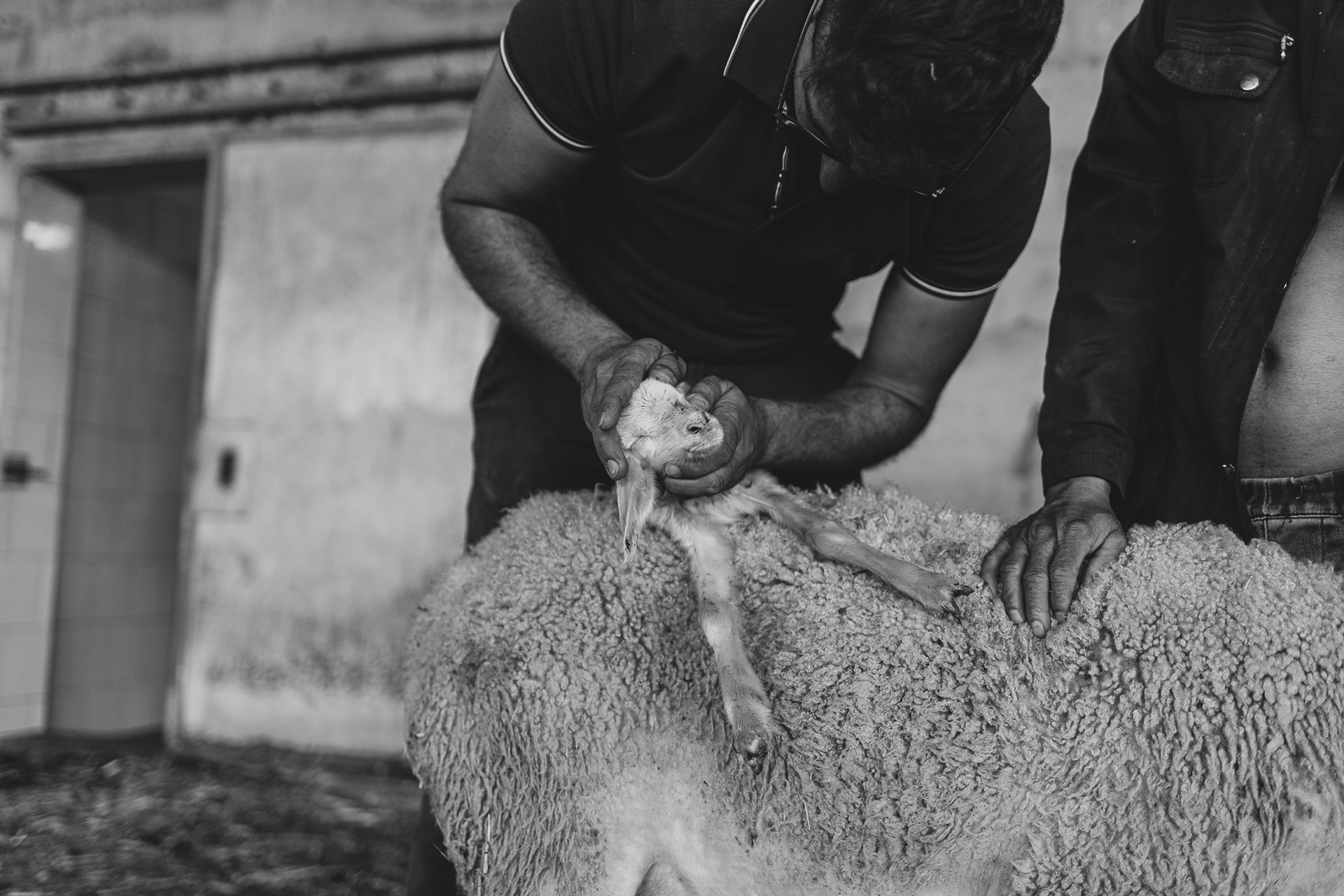
Davide while giving the first care to a baby lamb born premature a few minutes earlier.
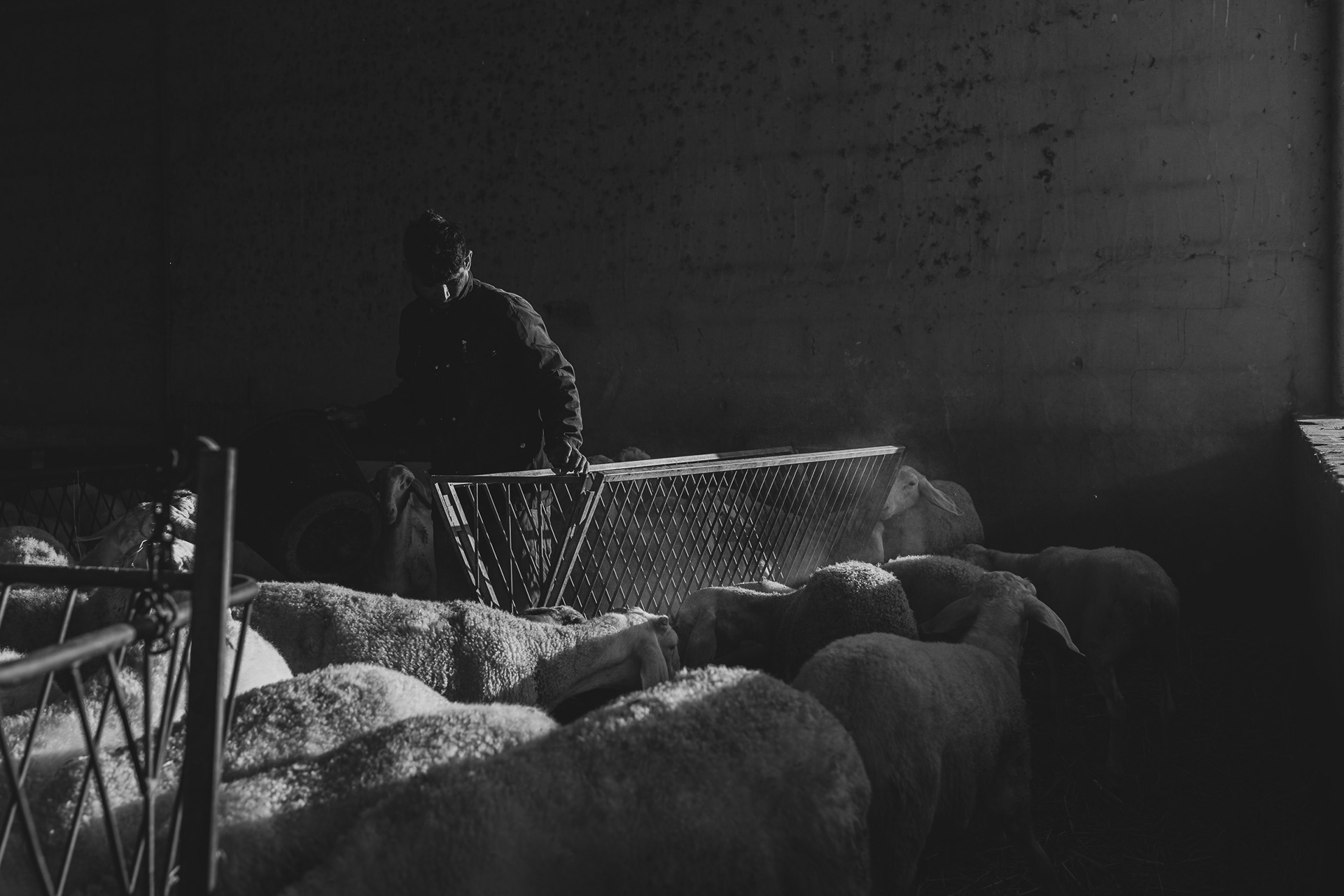
Azad shortly after distributing the food in the racks. Azad, of Bengali origins, has been working as a shepherd in Davide's farm for 4 years. The difficulty in finding workforce led Davide 4 years ago to integrate Azad into his company, who arrived in Italy a few months earlier after crossing the Mediterranean by boat.
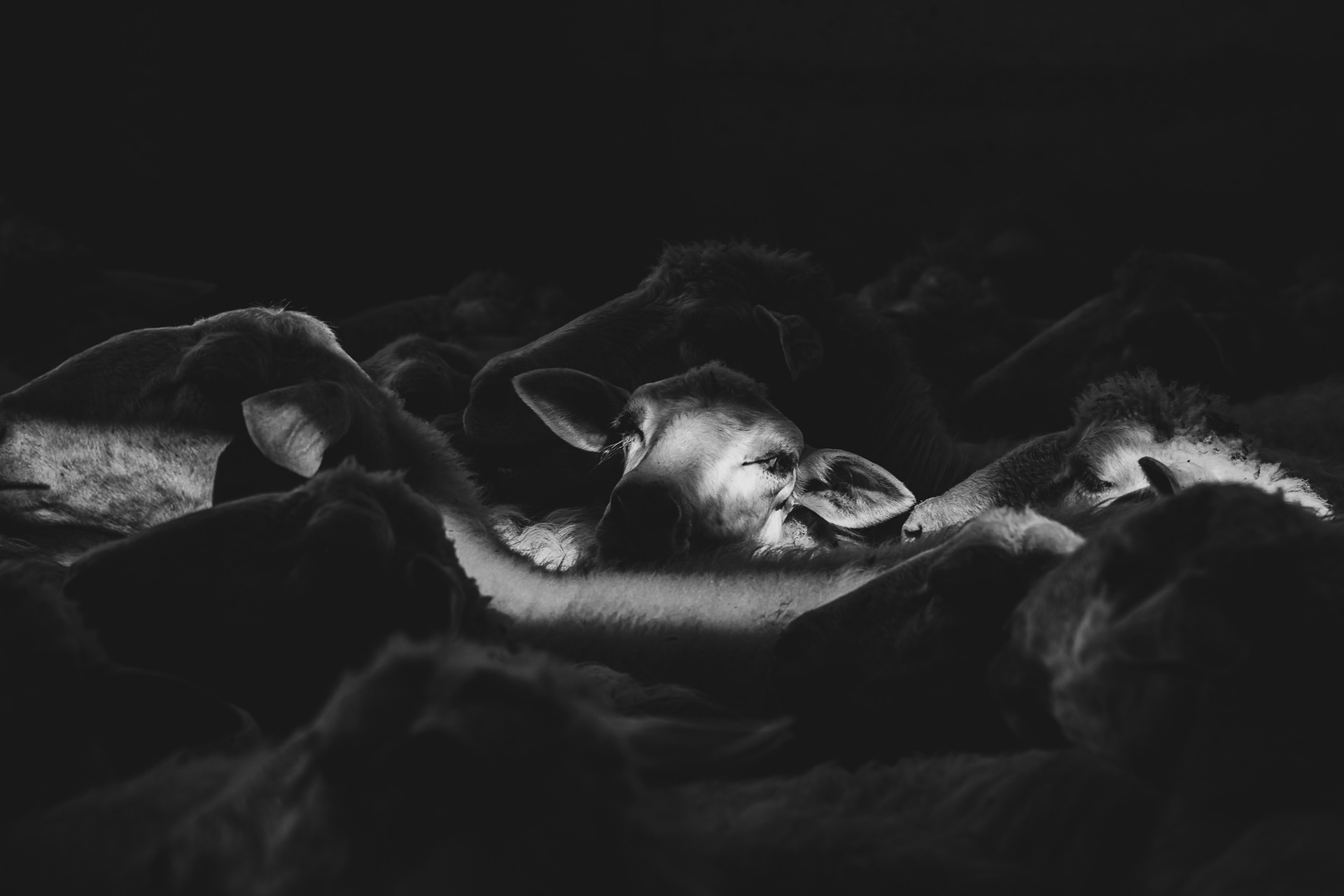
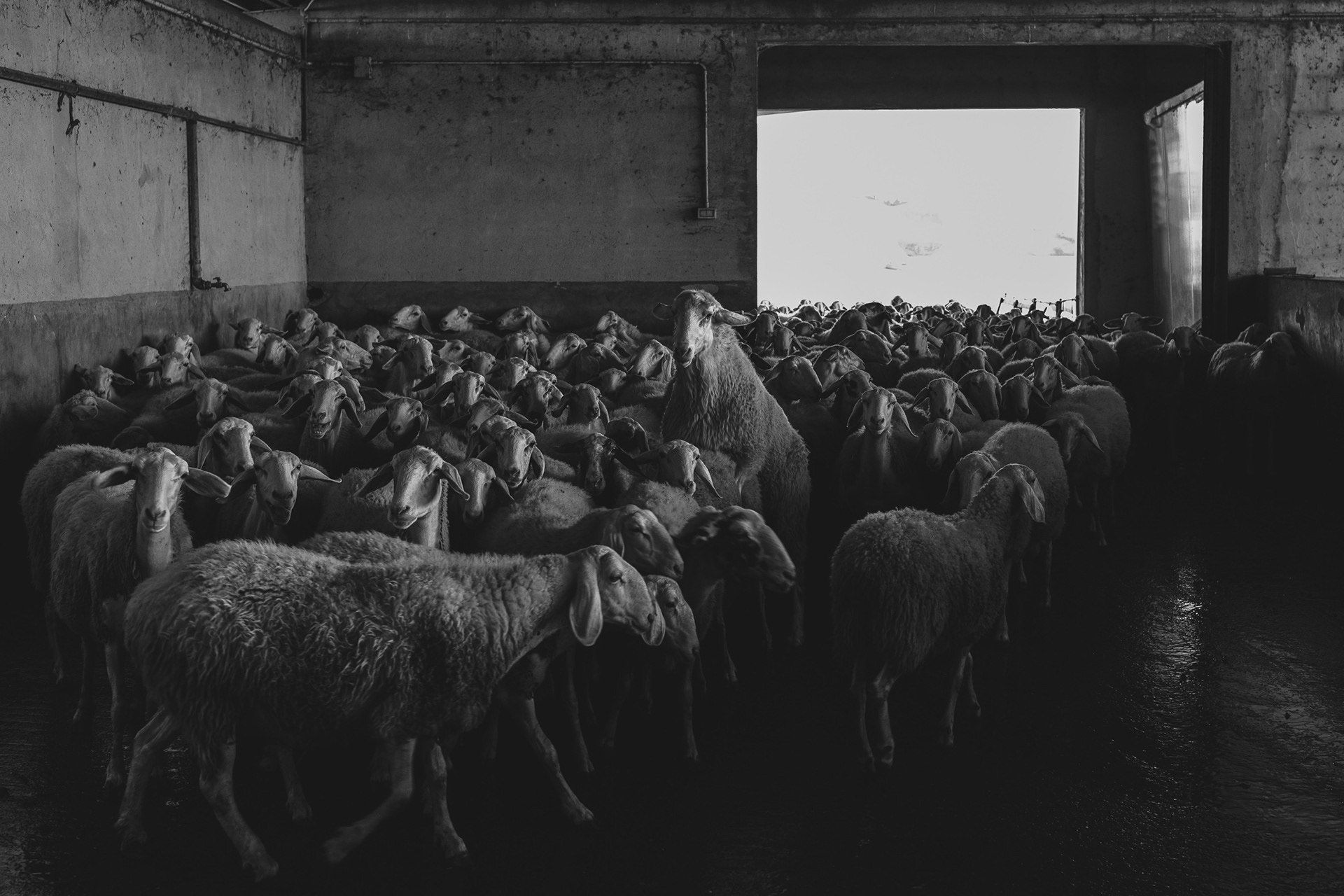
Davide
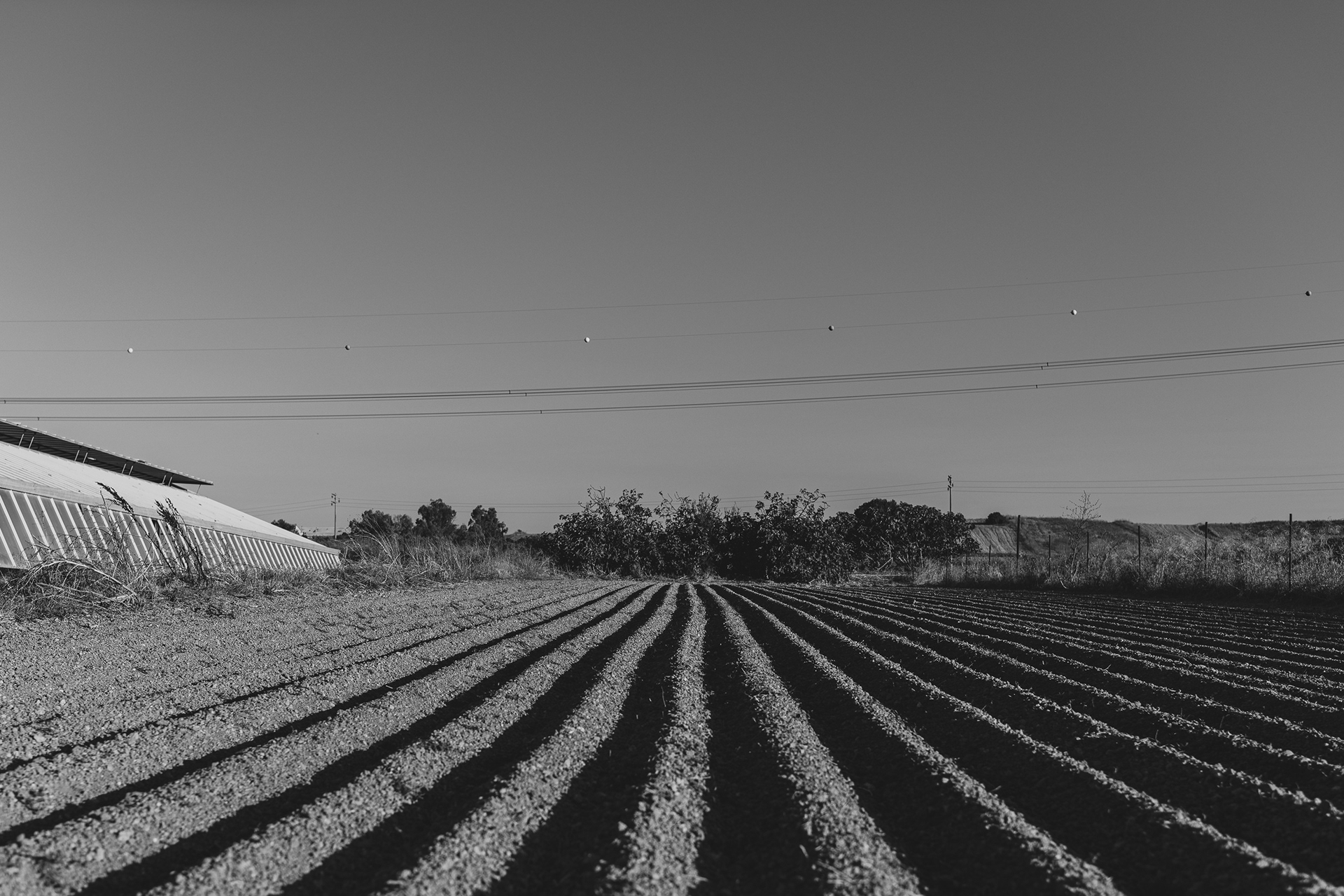
06:41 AM
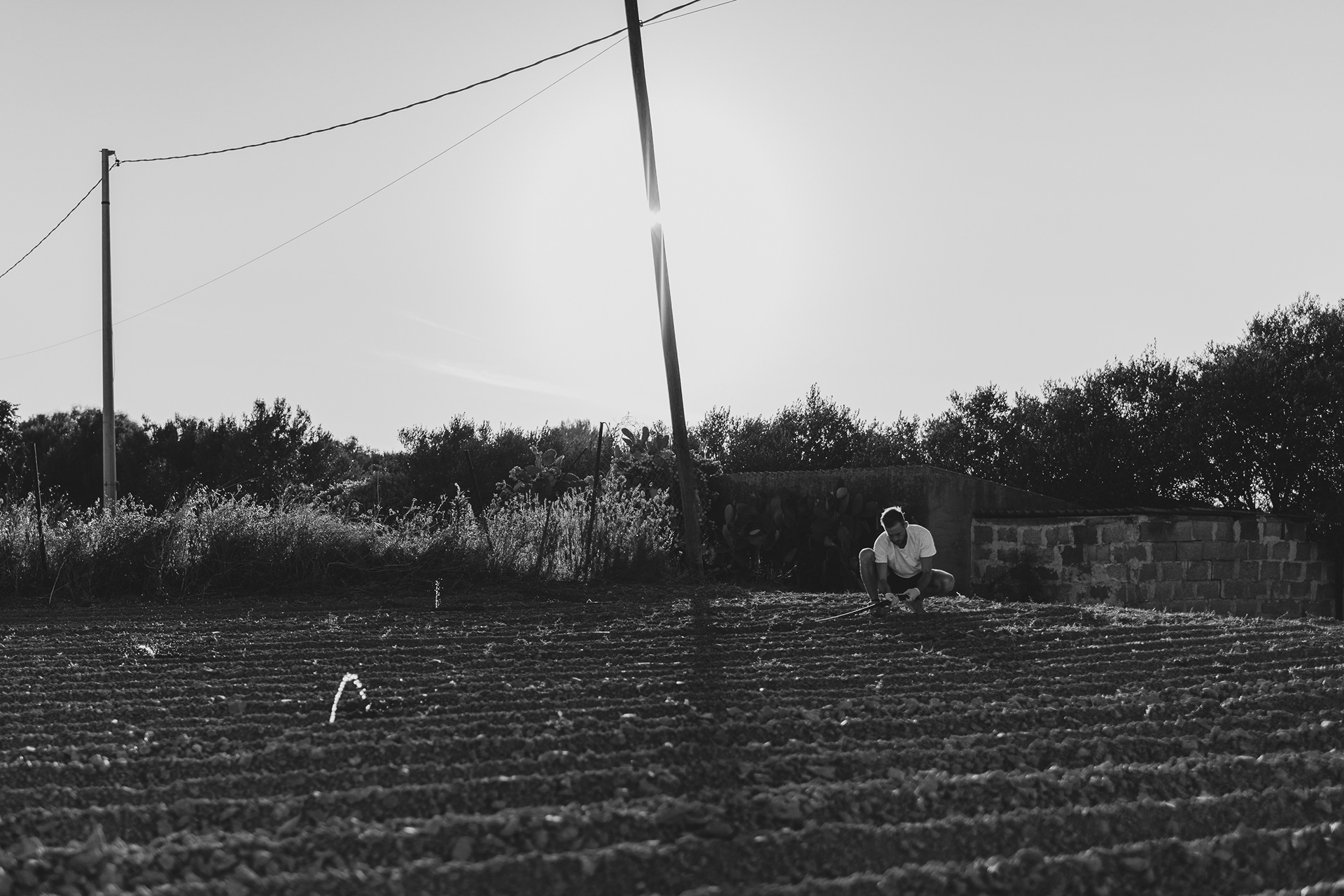
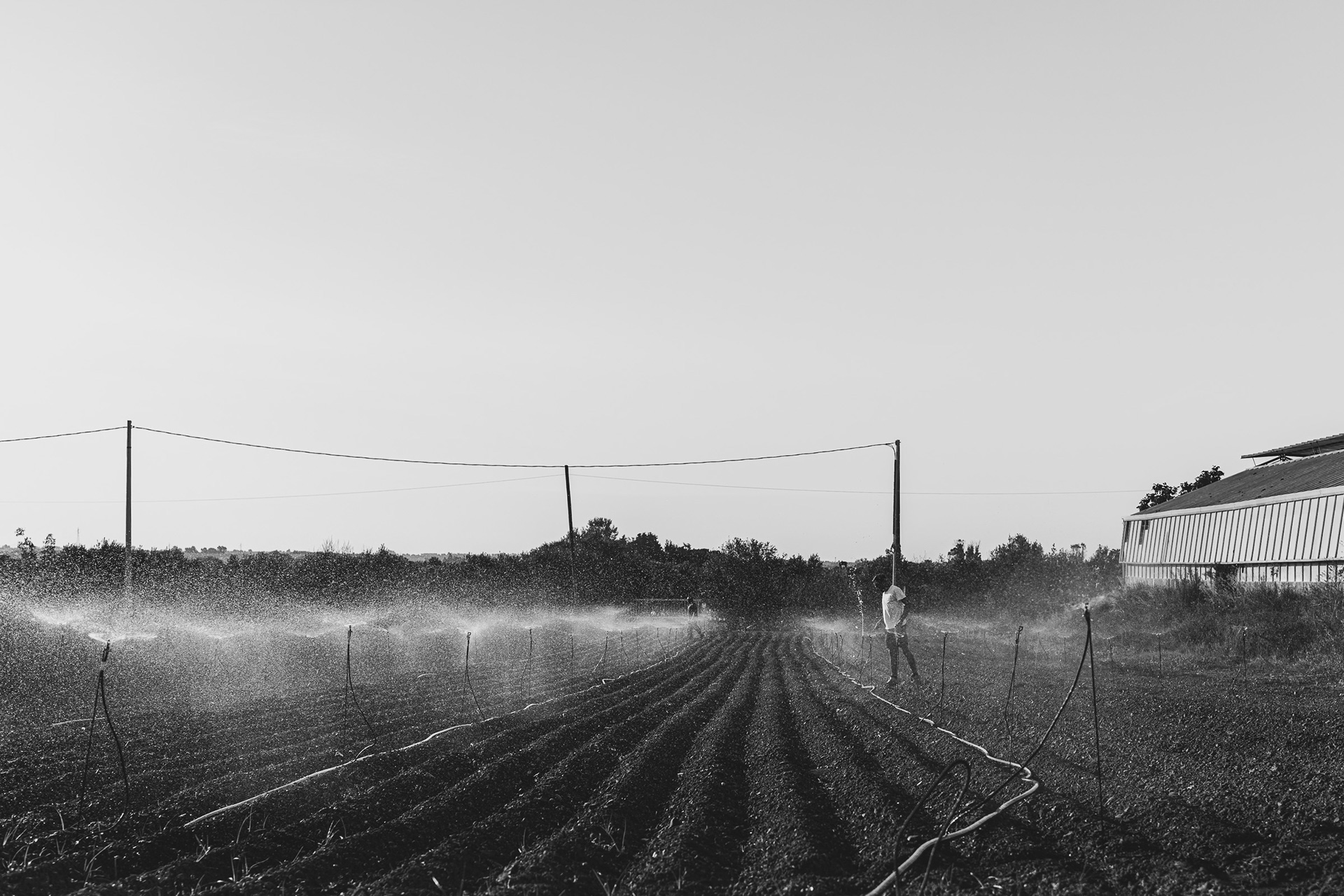
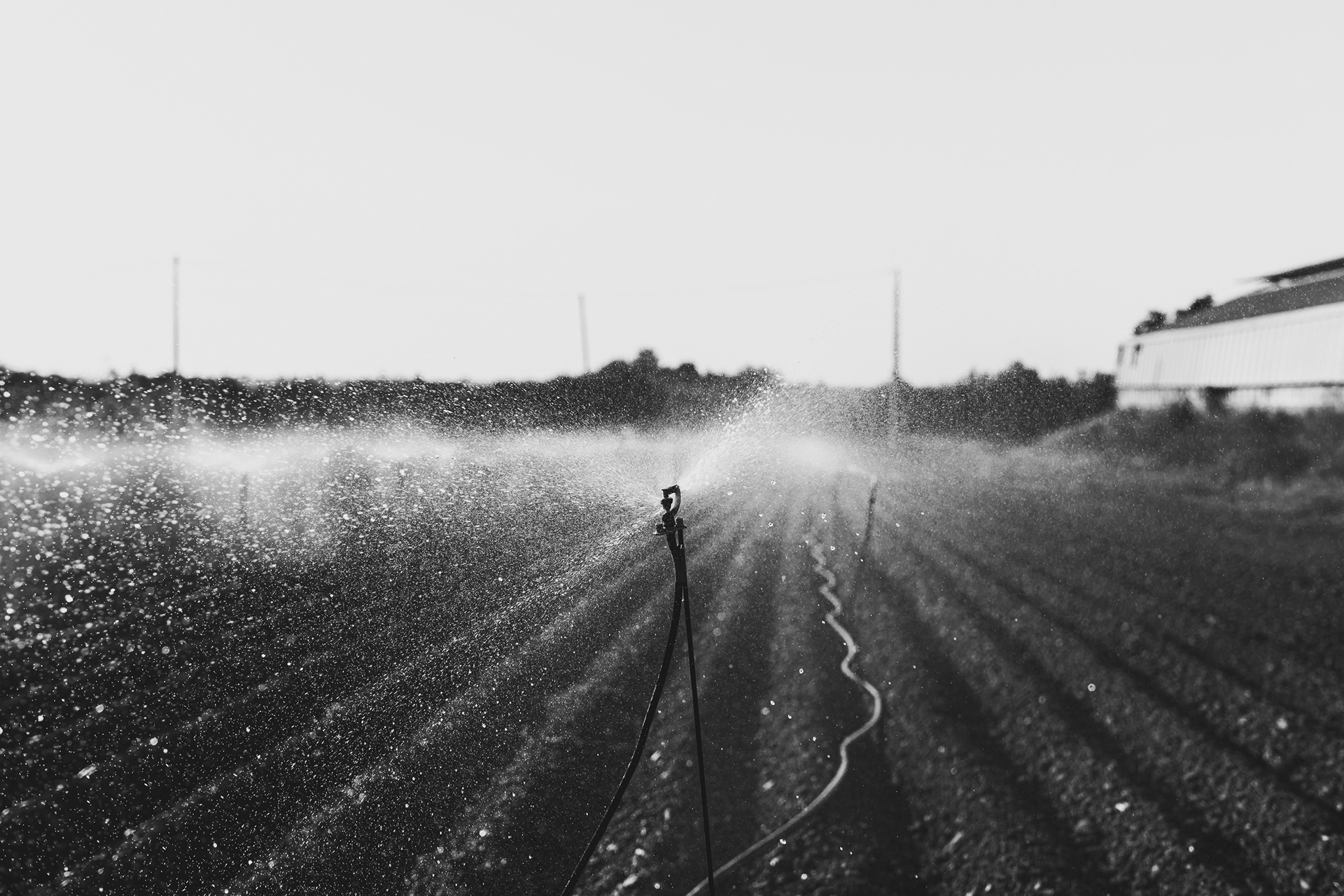
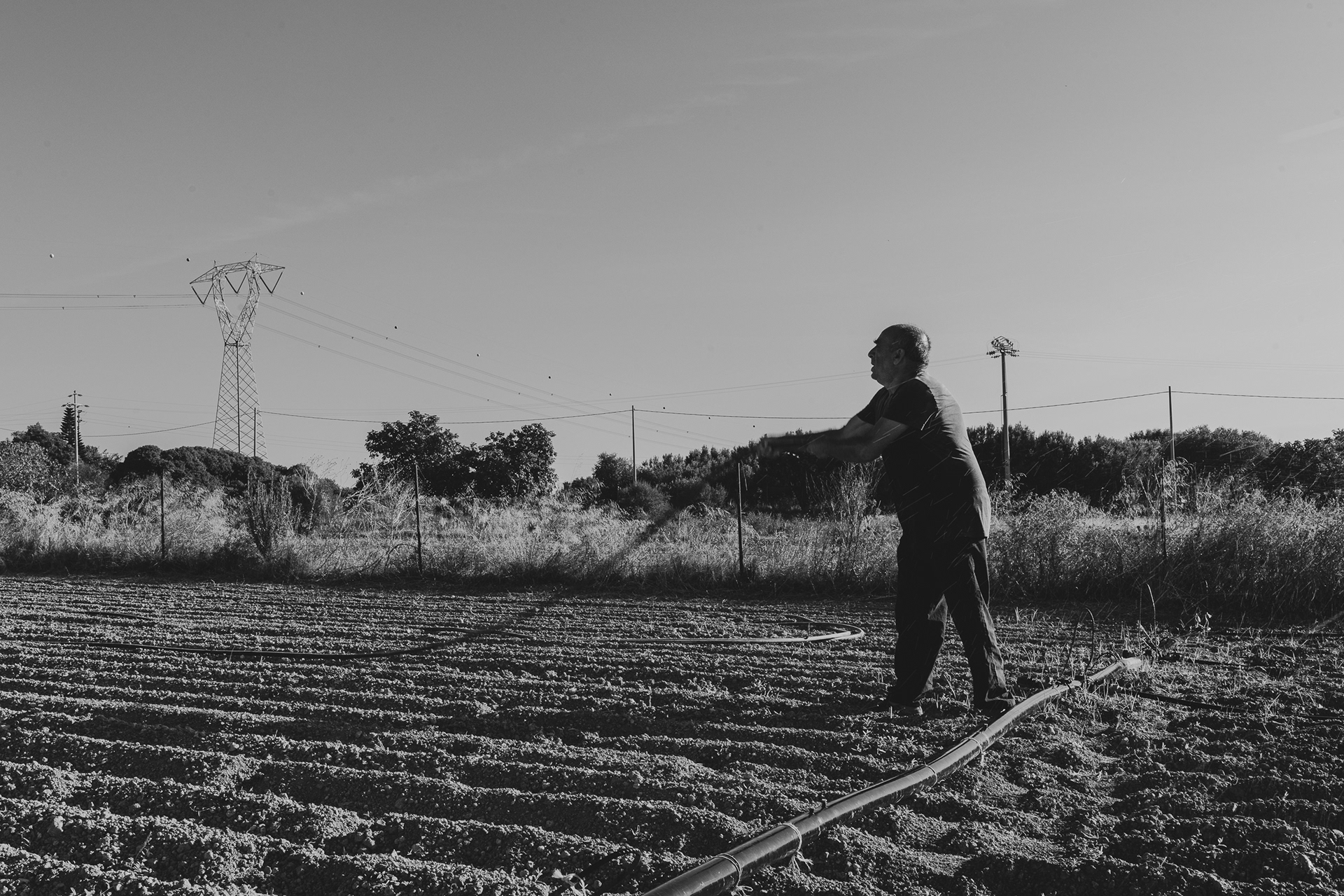
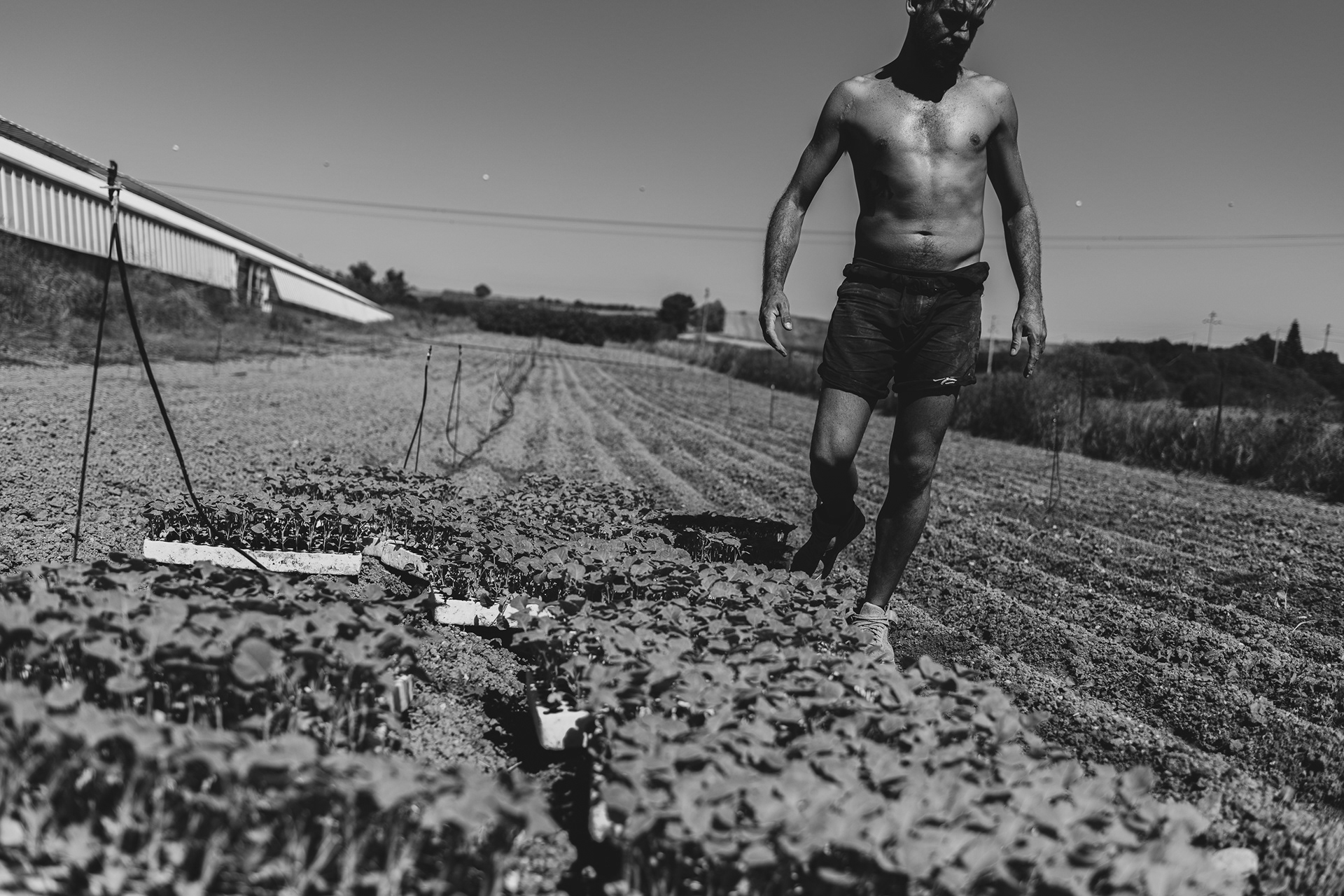
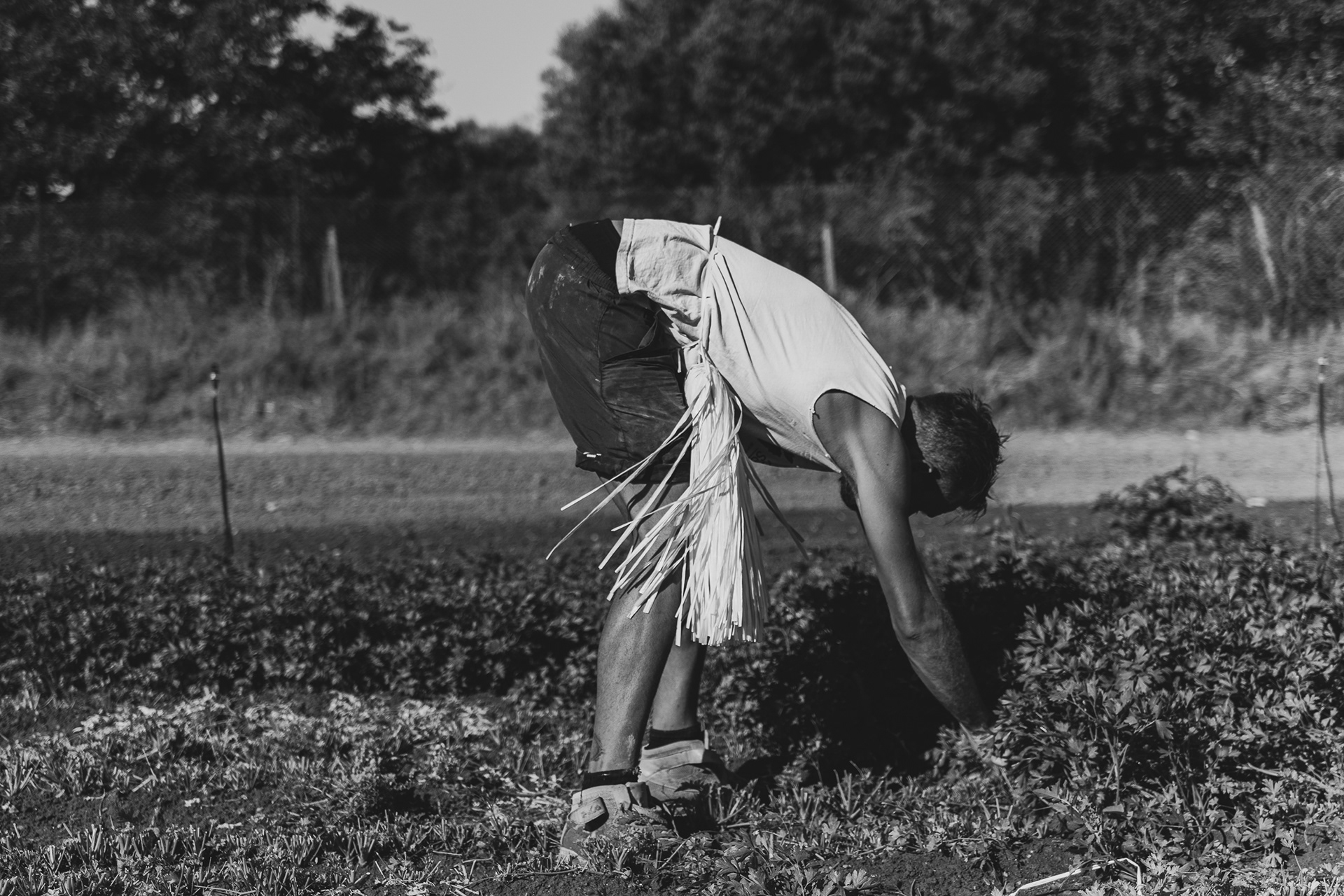
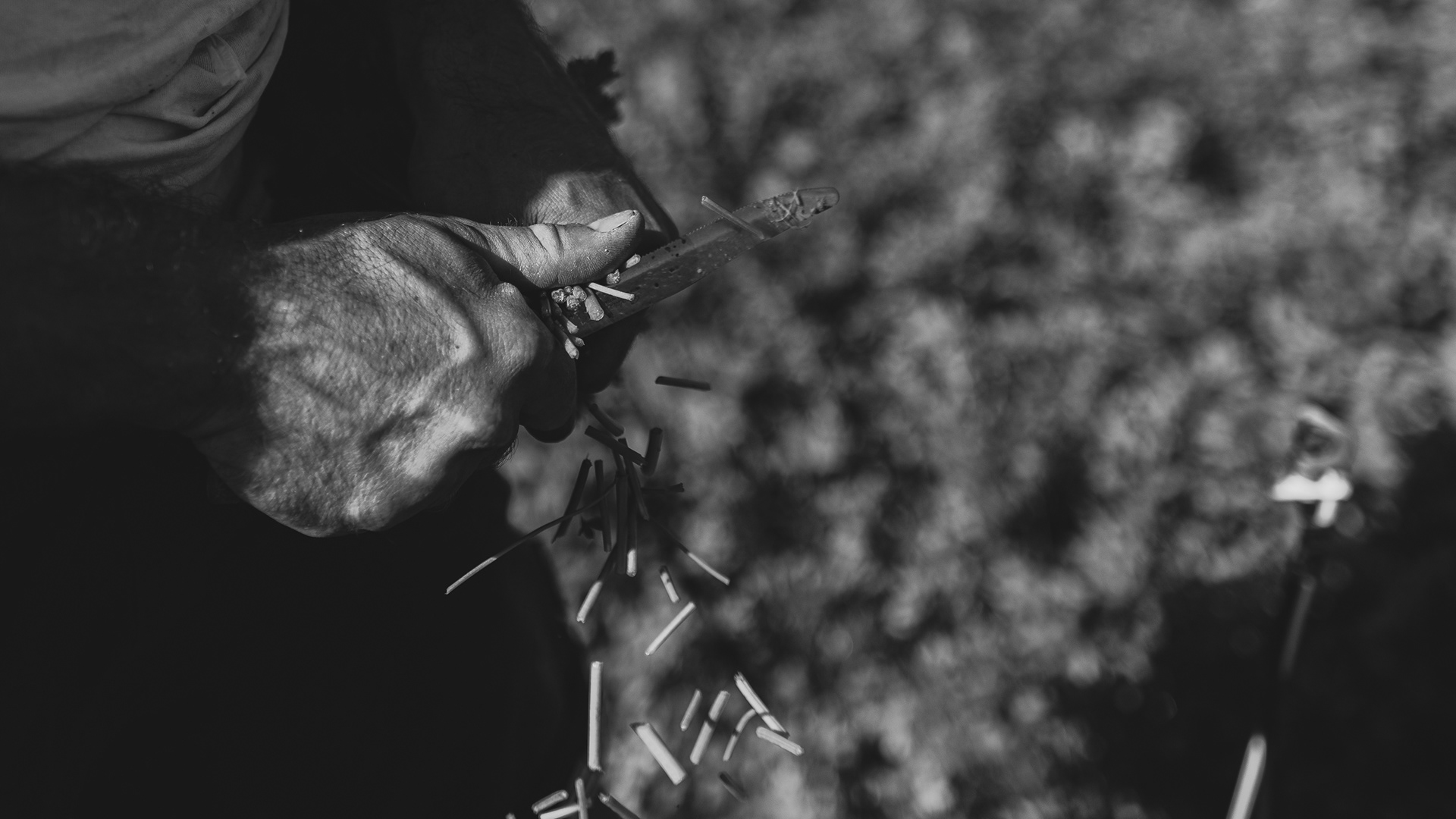
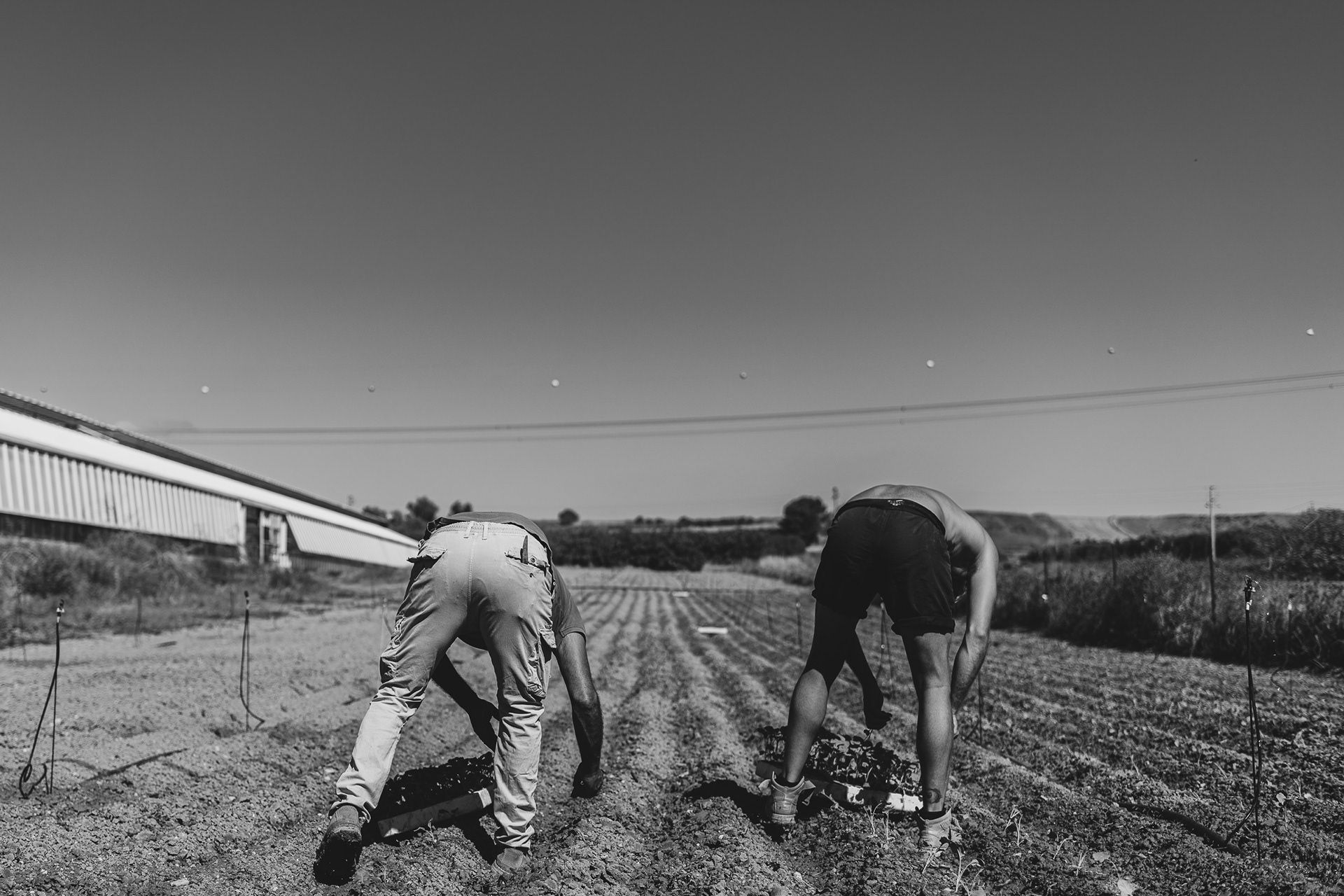
Francesco and his father, Roberto.
Francesco
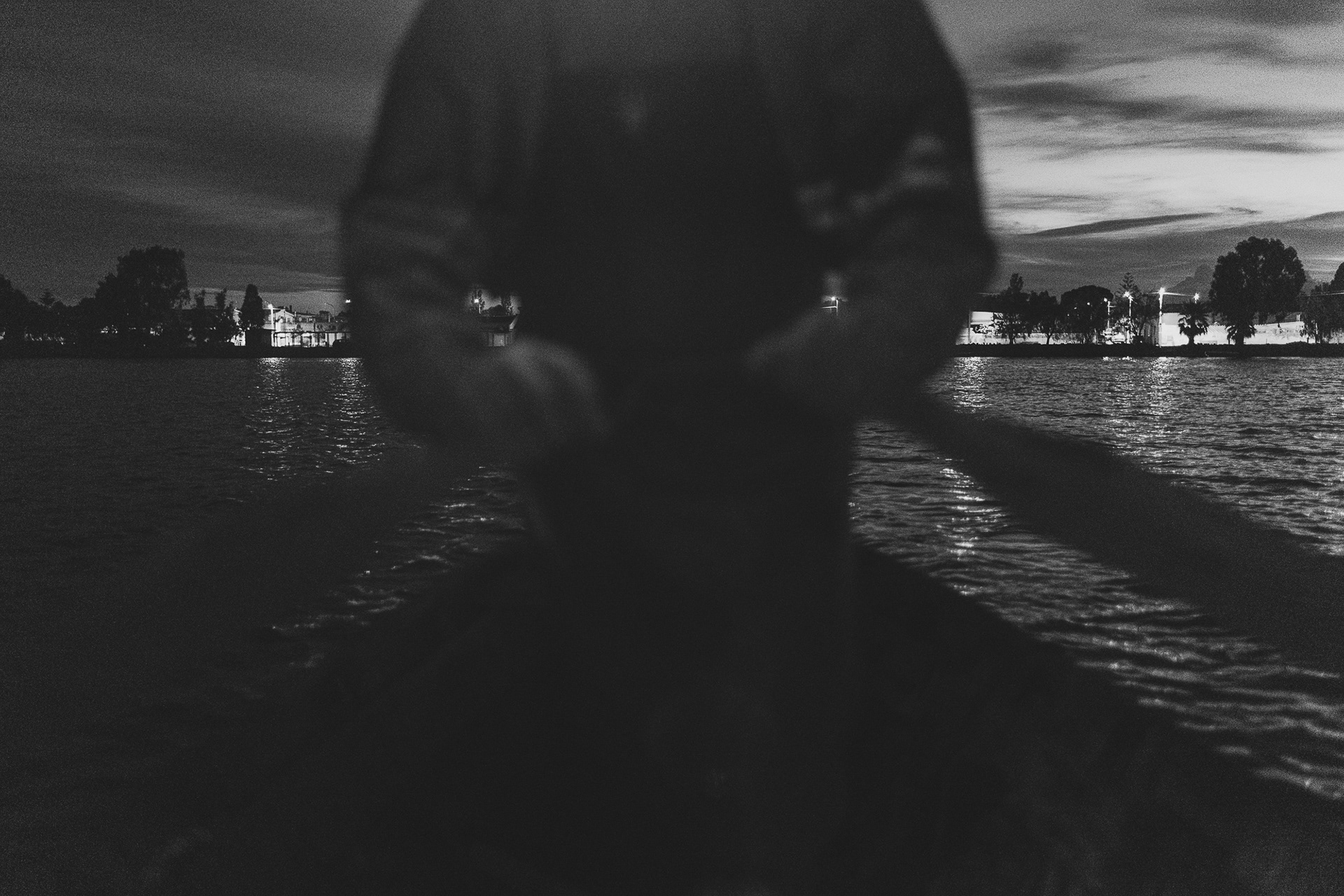
06:06 AM. Tarcisio as he leaves Elmas behind, the town on the shores of the lagoon where his boat docks daily.
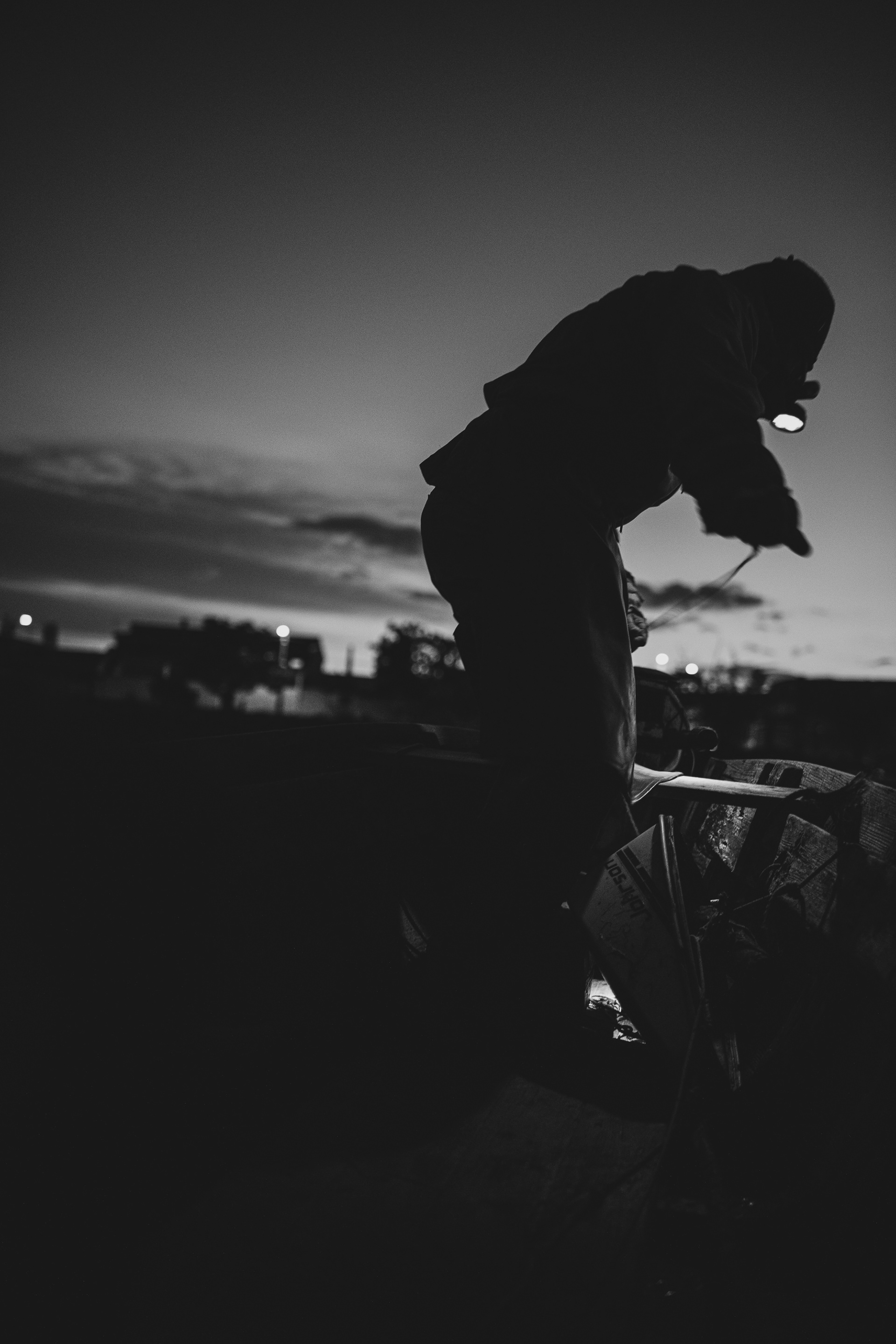
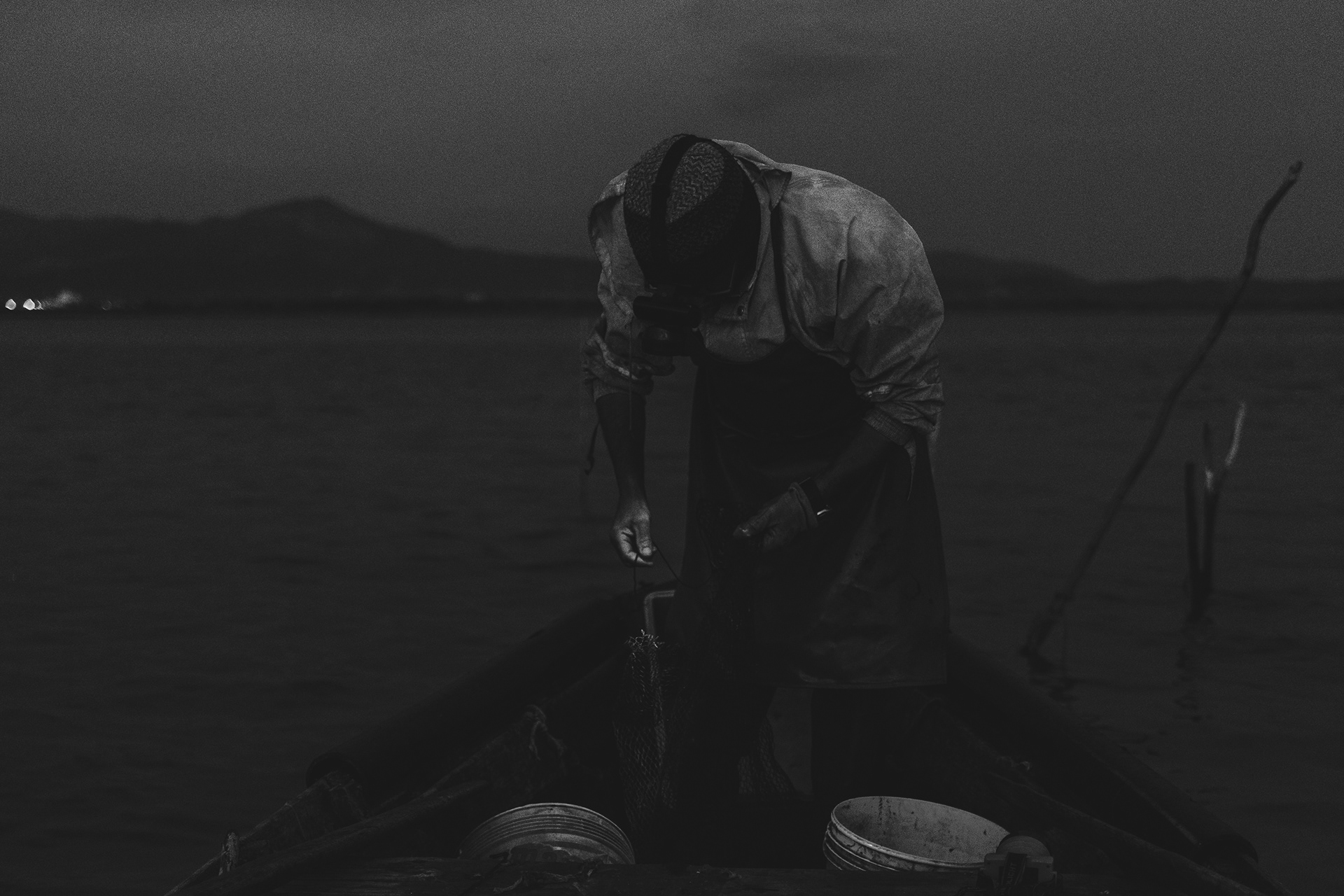
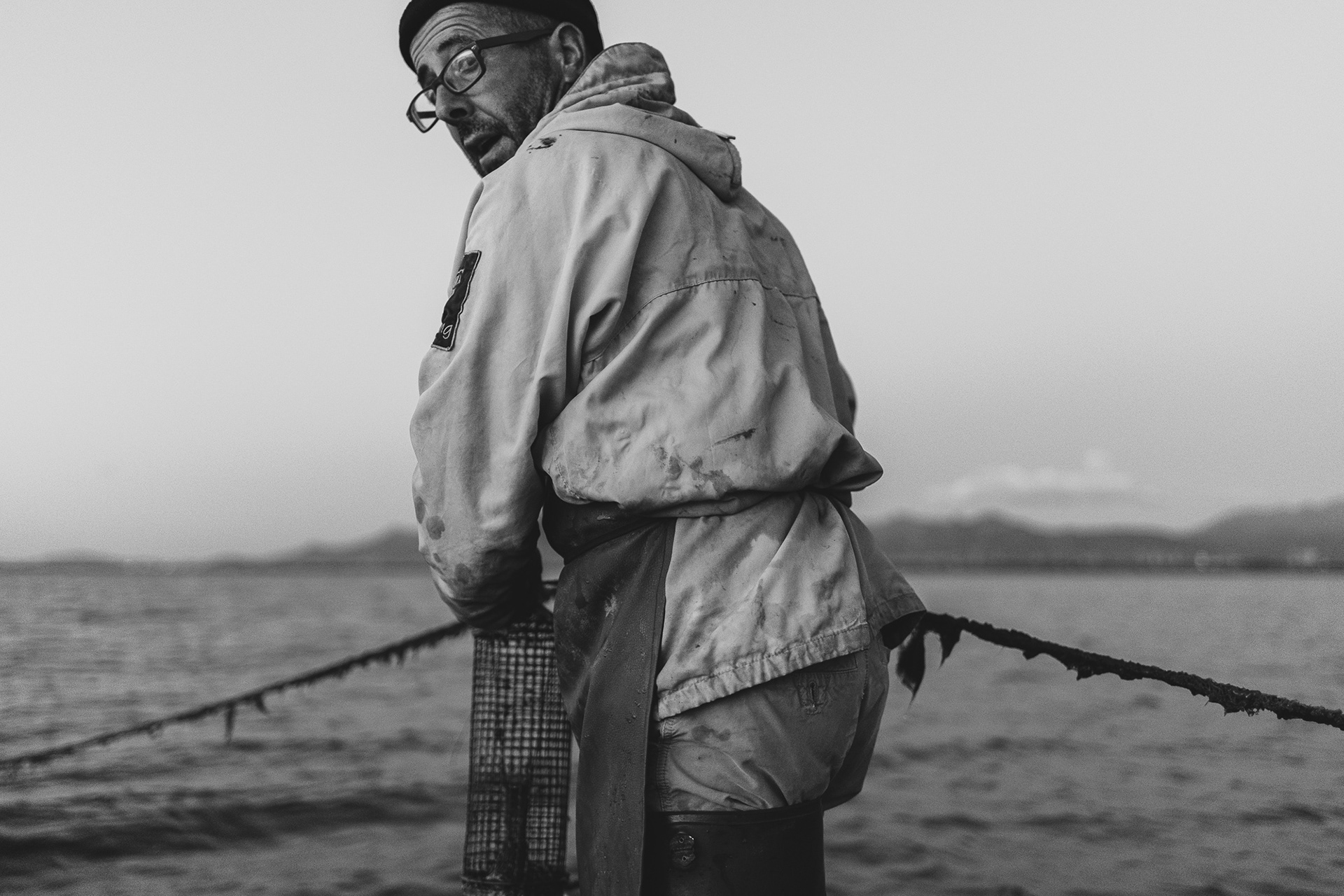
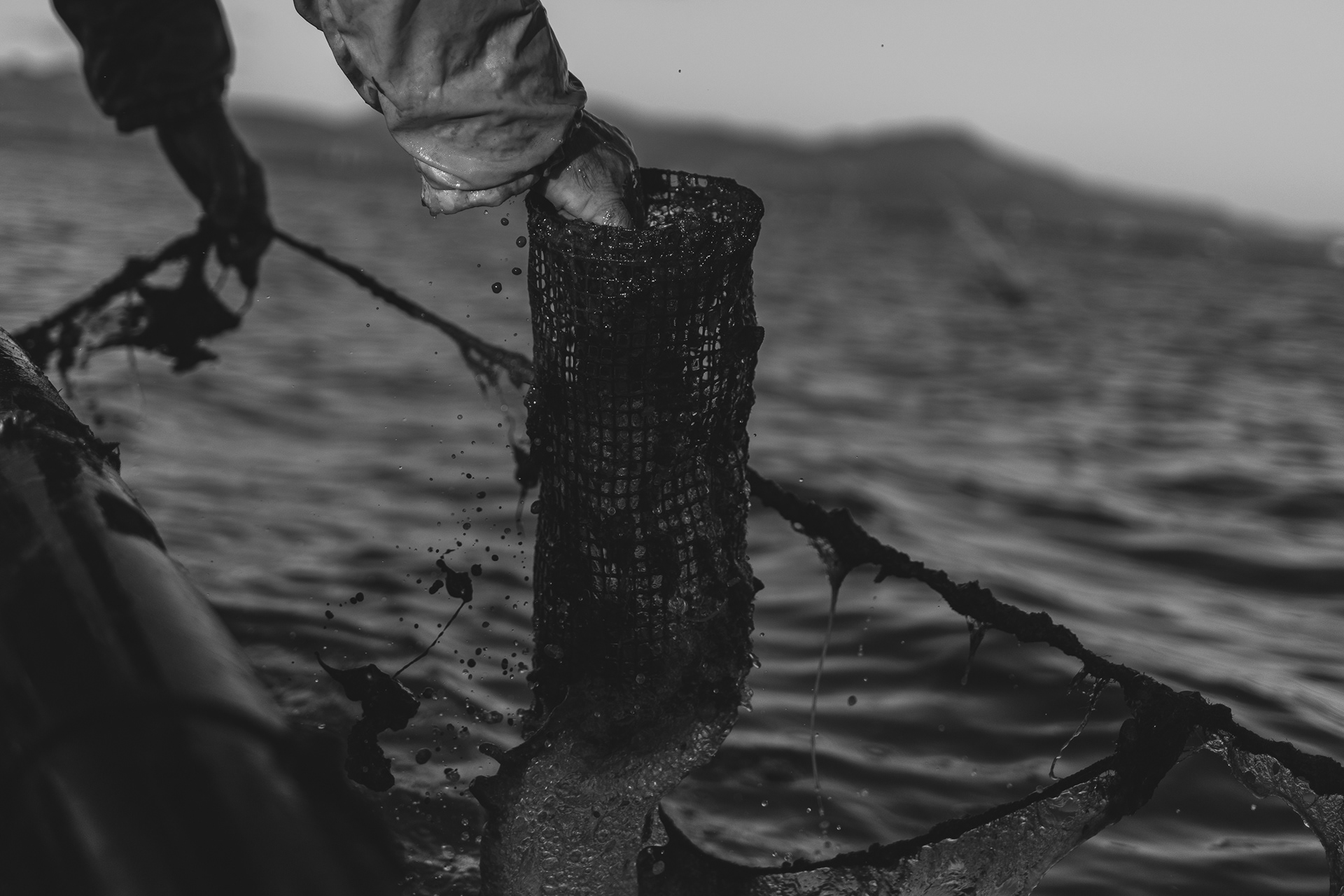
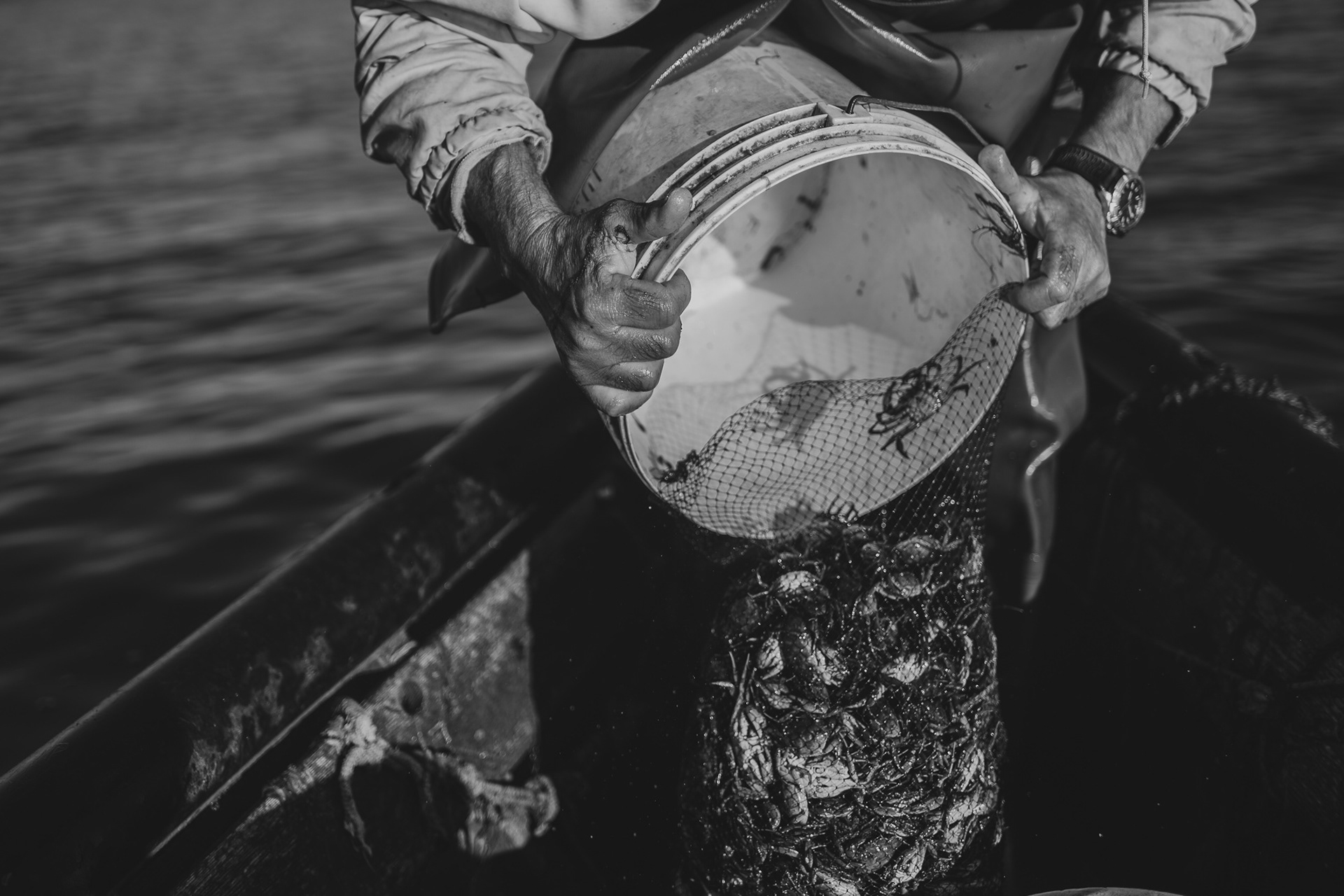
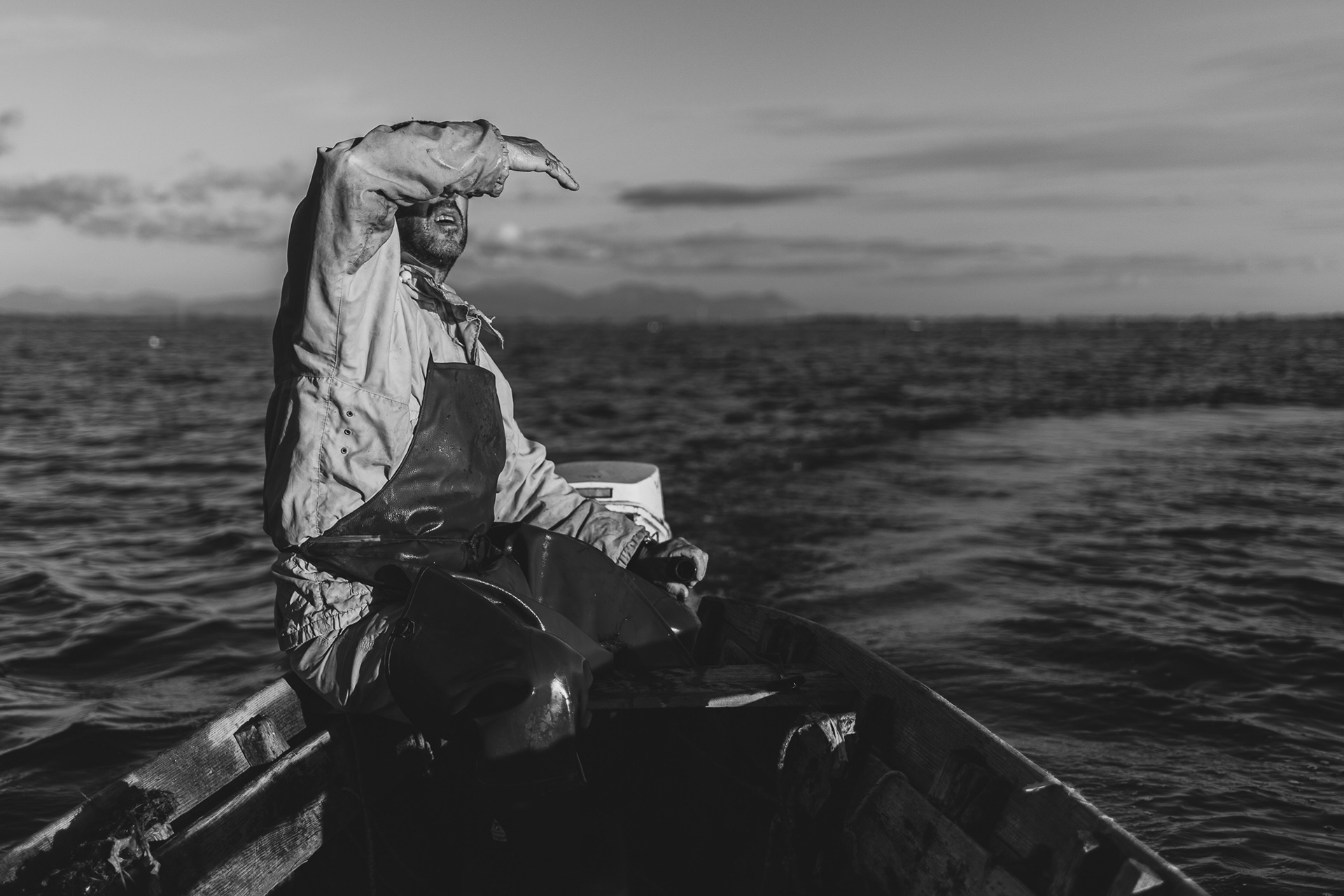
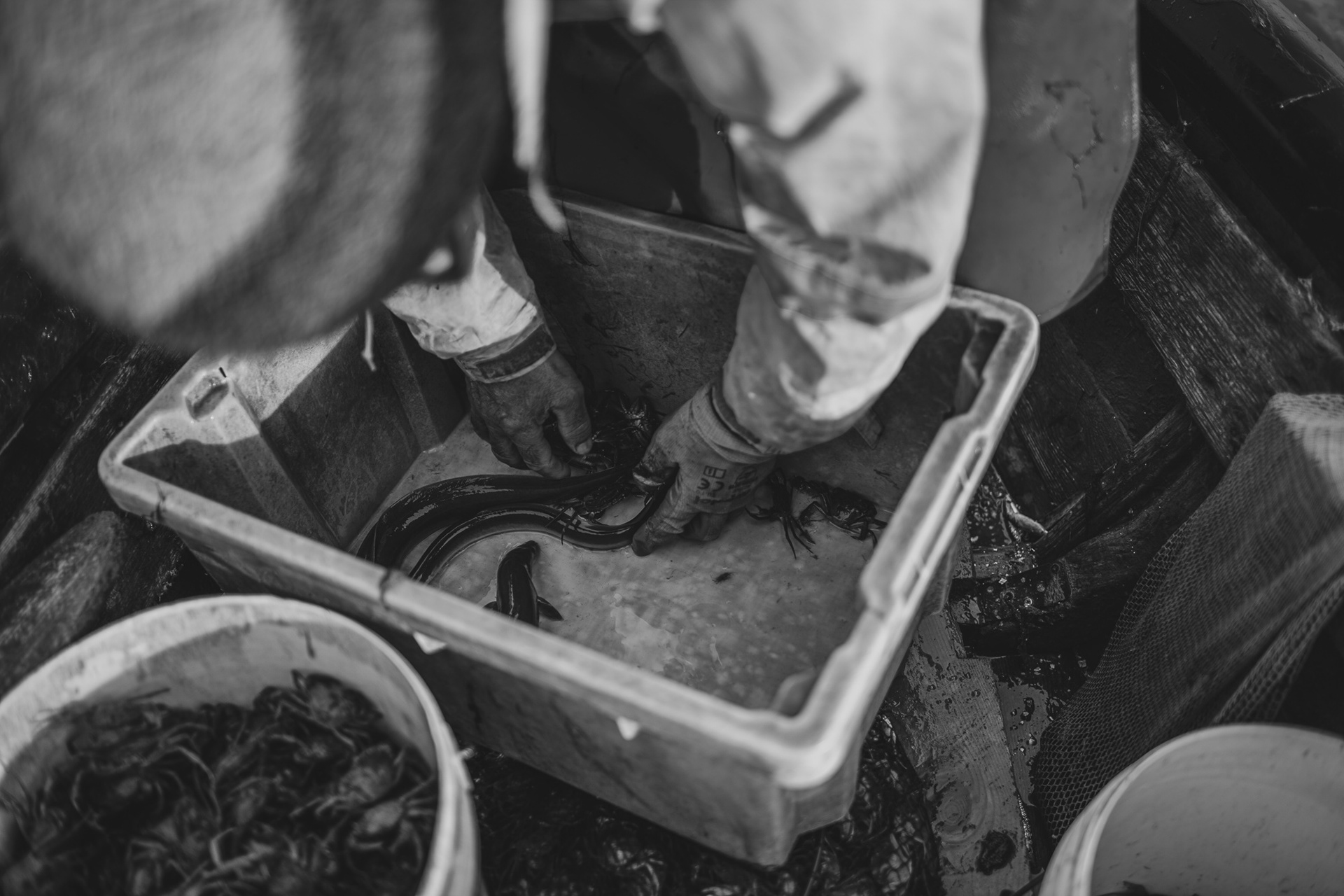
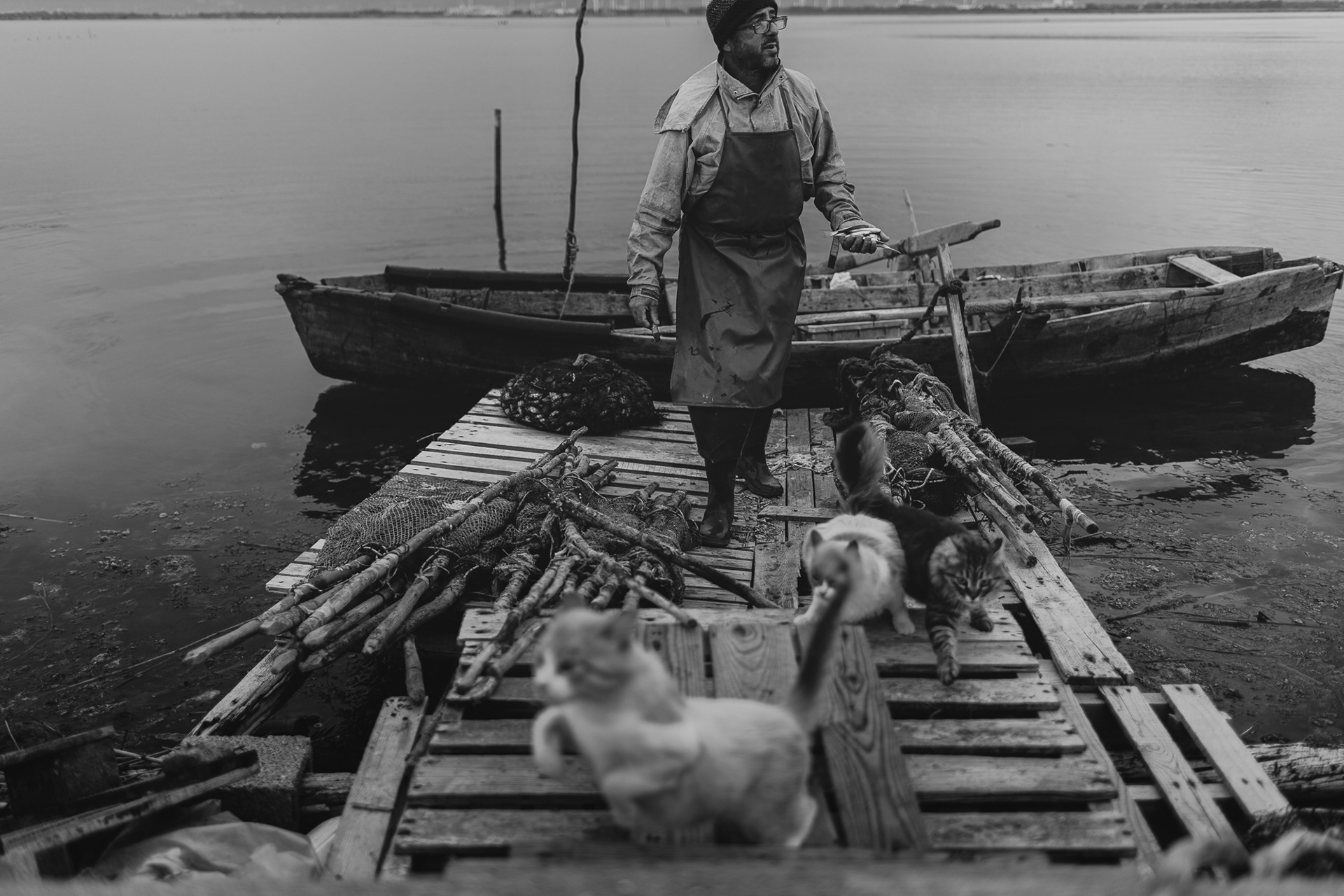
Tarcisio
"In hindsight, would you do this job again?"
All three, without hesitation, replied in the same way
"Yes, because it's a beautiful job"